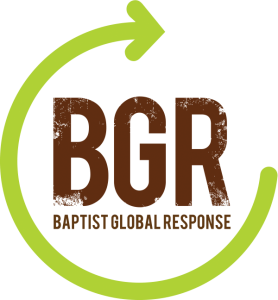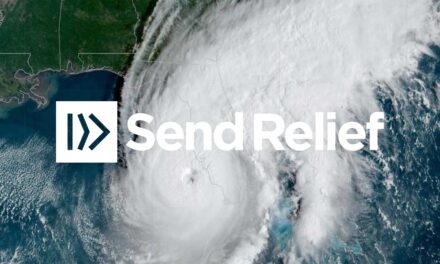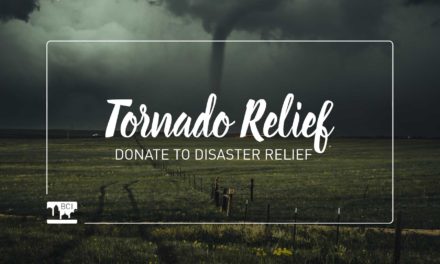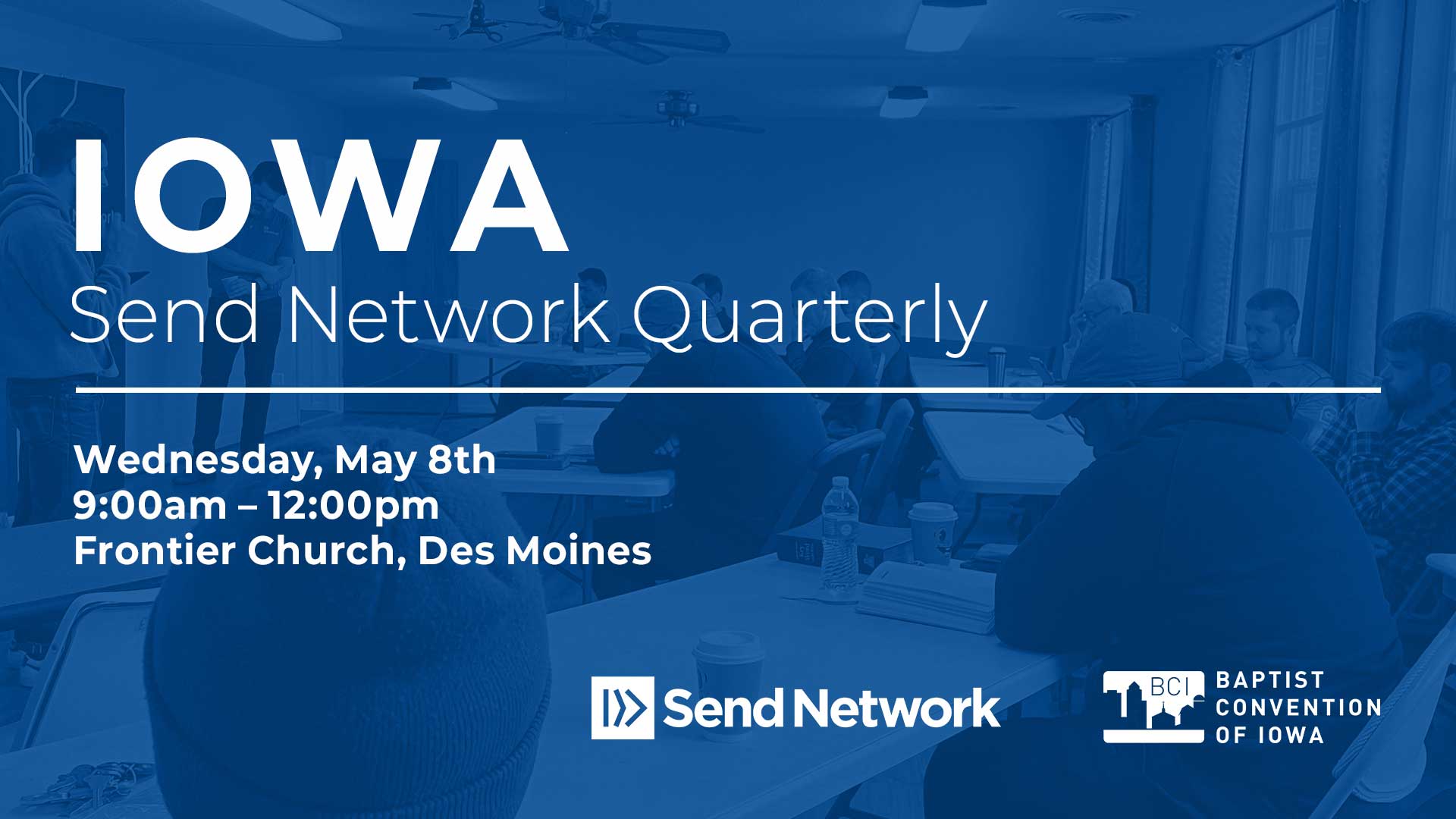 KATHMANDU, Nepal –– Baptist Global Response (BGR) teams are starting to assess relief needs in Nepal in the aftermath of a massive 7.8 earthquake that shook Kathmandu Valley April 25. An initial $50,000 has been released to assist with the first-stage response.
KATHMANDU, Nepal –– Baptist Global Response (BGR) teams are starting to assess relief needs in Nepal in the aftermath of a massive 7.8 earthquake that shook Kathmandu Valley April 25. An initial $50,000 has been released to assist with the first-stage response.
“BGR teams are on the ground and beginning to put a more definitive plan in place for assessing the damage and need,” said Pat Melancon, BGR’s managing director of disaster response and training. “The teams will examine the overall need and decide how we can best respond, with a focus on providing what is needed to sustain life during the initial stages of the relief operation.”
News reports from Kathmandu, the capital, indicate frightened residents are sleeping in streets and open areas as aftershocks continue to rattle the area. The death toll has soared past 2,500 as planeloads of relief supplies and workers have begun arriving. Hospitals are overcrowded with the injured, and relief workers expect to see people sickened as they drink contaminated water over the next few days.
Rain is forecast for the next three days, increasing the likelihood of landslides on slopes where soil and rocks have been loosened by the tremors. Combined with the cooler temperatures, this will make it hard on the masses living in tents and temporary shelters.
A Westerner caught in the quake zone told the New York Times that they saw building after building collapsed in one community of the Kathmandu Valley. People were digging through debris by hand, trying to rescue buried survivors. Yet many people asked her group if they needed food or water, and several invited them to spend the night. “This is why I love Nepal,” she said. “People here help one another because they know the government often cannot. They reach out to one another, and they persevere.”
Initially, BGR will be working with teams of national partners who were equipped just two months ago with Sphere Project training, which defines the international best-practices standard for meeting people’s needs during a humanitarian crisis, said BGR Executive Director Jeff Palmer.
Nepali officials fear the disaster situation could be even more serious near the quake’s epicenter 50 miles northwest of Kathmandu. Remote mountain villages may have been completely buried by rockslides, but roads to that area are blocked. Efforts are being made to reach those villages by trekking through mountain trails and deploying helicopters.
The leader of BGR’s coordinated response, Francis Horton, asked supporters to pray that people in the quake zone would receive the shelter and lifelines they need to survive, that first responders would have the resources they need to help people, and that the BGR assessment team would have knowledge and good judgment as they begin to put together a response plan.
You can help with the response effort by donating to BGR’s Disaster Response Fund here.
Texting BGR to 80888 will donate $10 to that fund.*
$10 will be added to your mobile phone bill or deducted from your prepaid balance. Message and data rates may apply. Must have account holder permission to donate and premium texting unblocked. Terms: igfn.org/t Privacy Policy: igfn.org/p Text STOP to 80888 to stop; Text HELP to 80888 for help.








